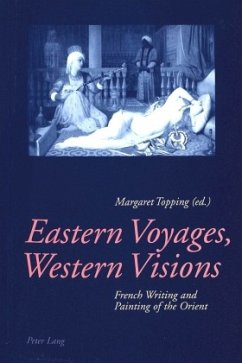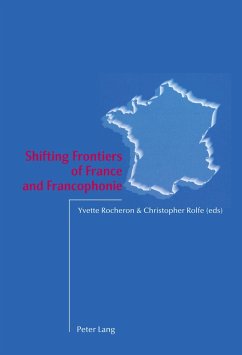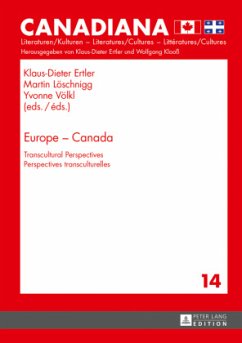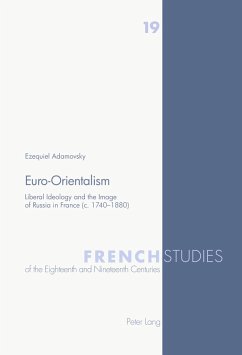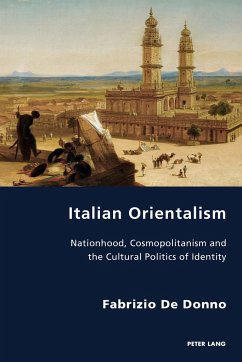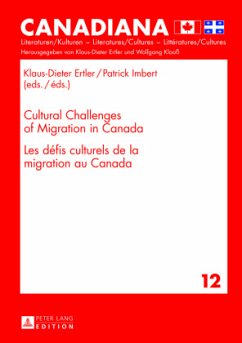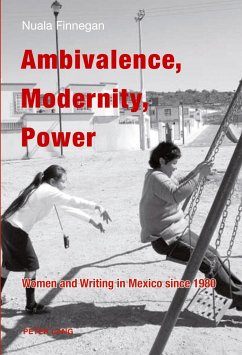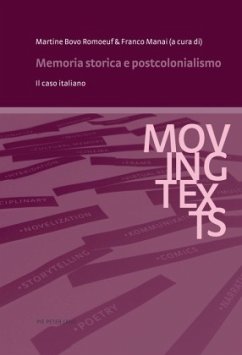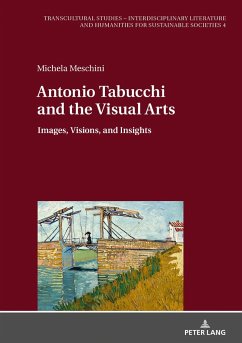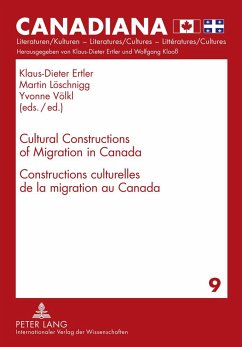
Writing Tangier
Versandkostenfrei!
Versandfertig in 6-10 Tagen
97,20 €
inkl. MwSt.

PAYBACK Punkte
0 °P sammeln!
Writing Tangier discusses an array of topics relating to the literature on Tangier from the seventeenth century to the present. Major questions include: Why has Tangier come to play an important role in contemporary world literary history as a signifier in the literary imagination; what is the nature of the inter-textual output produced through Paul Bowles' translations of the oral tales of a circle of uneducated storytellers (including Mohammed Mrabet and Larbi Layachi) and the text (For Bread Alone) brought to Bowles by the literate Mohamed Choukri; how do academics, artists, and writers who...
Writing Tangier discusses an array of topics relating to the literature on Tangier from the seventeenth century to the present. Major questions include: Why has Tangier come to play an important role in contemporary world literary history as a signifier in the literary imagination; what is the nature of the inter-textual output produced through Paul Bowles' translations of the oral tales of a circle of uneducated storytellers (including Mohammed Mrabet and Larbi Layachi) and the text (For Bread Alone) brought to Bowles by the literate Mohamed Choukri; how do academics, artists, and writers who have been based in the city or who have written about it assess the various socio-economic, political, and cultural factors that have shaped its cultural production and the relationship of this production to the celebrated hybrid aspects of its identity; does the success of the literature of Tangier reflect a truly new multicultural cosmopolitanism, or does it stem from the fact that this literature is congenial to Westerners, that it is understood in terms that they themselves define, and that much of it (including productions in Arabic prepared with the expectation of translation) has even been «written to measure» for them?



